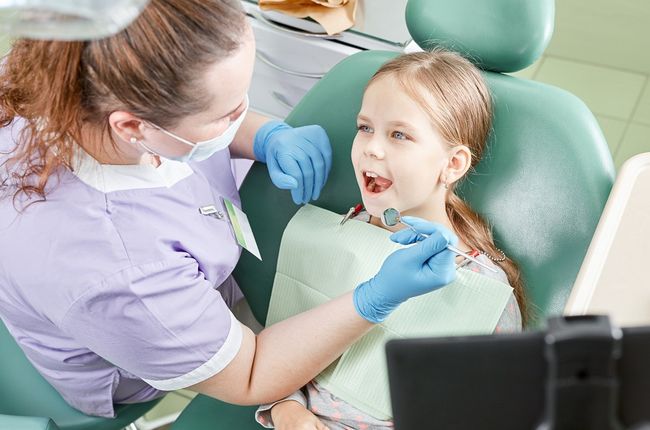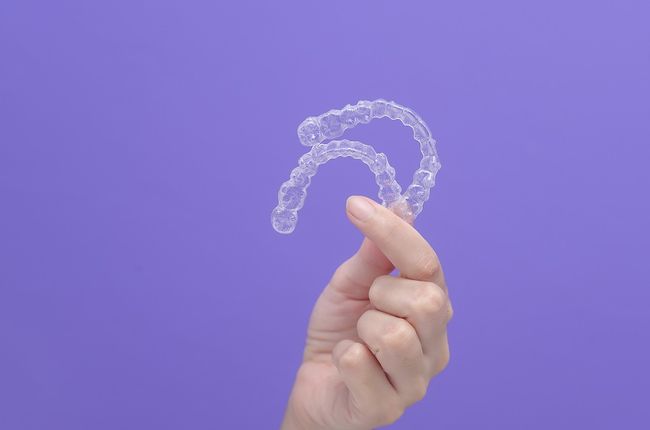Are you ready to join over 500,000 people this year who are replacing their missing teeth with dental implants? That is great! Unfortunately, before you can get started, your dentist just informed you that you need bone grafting. You are likely a bit confused as to why you need this procedure. Although it may seem unnecessary, if you do not have enough density in your jawbone, the treatment is vital to ensuring the long-term success of your dental implants in Northgate.
Why Do I Need Bone Grafting?
Dental implants are the most reliable tooth replacement option, offering over a 95% success rate. Their longevity relies on your body’s ability to properly fuse to the implant posts through a process called osseointegration. For this to occur, your jawbone must be able to support the posts.
If you have had missing teeth for several years, this could have created a problem. When you lose a tooth, your jawbone is no longer stimulated by the root. As a result, the bone deteriorates. You can lose as much as 25% of its width within the first year. Over time, its height and width can decrease by 4 millimeters overall.
When there is not enough bone to support the posts, your family dentist in Northgate will recommend bone grafting.
What Is Bone Grafting?
To create a stable foundation for your dental implants, there are 3 options that can improve your jaw’s density:
Natural Bone: A graft is taken from the back of your jaw or another area of your body, which is applied to the treatment site. Now, the procedure is less invasive due to the use of a piezo-electric machine, which helps reduce trauma to the donor location. It is the preferred and most successful option.
Donor Bone: Human donor bone is sterilized and demineralized prior to being placed on the jaw. It provides scaffolding for new cells to grow.
Synthetic Bone: Using a combination of hydroxyapatite and calcium sulfate, the density of your jawbone can improve by allowing new cells to develop.
After you have healed from the bone grafting procedure, your implant posts are surgically placed into your jaw. They will act as new roots, stimulating the jawbone to encourage new growth.
Are There Other Options?
In some cases, mini implants can be used for those who have decreased bone density. You will not need bone grafting; however, they are not the right option for everyone.
Complete Your Smile Today!
Do not let an additional procedure stop you from completing your new smile. With the right support, your implant posts can last for a lifetime.















